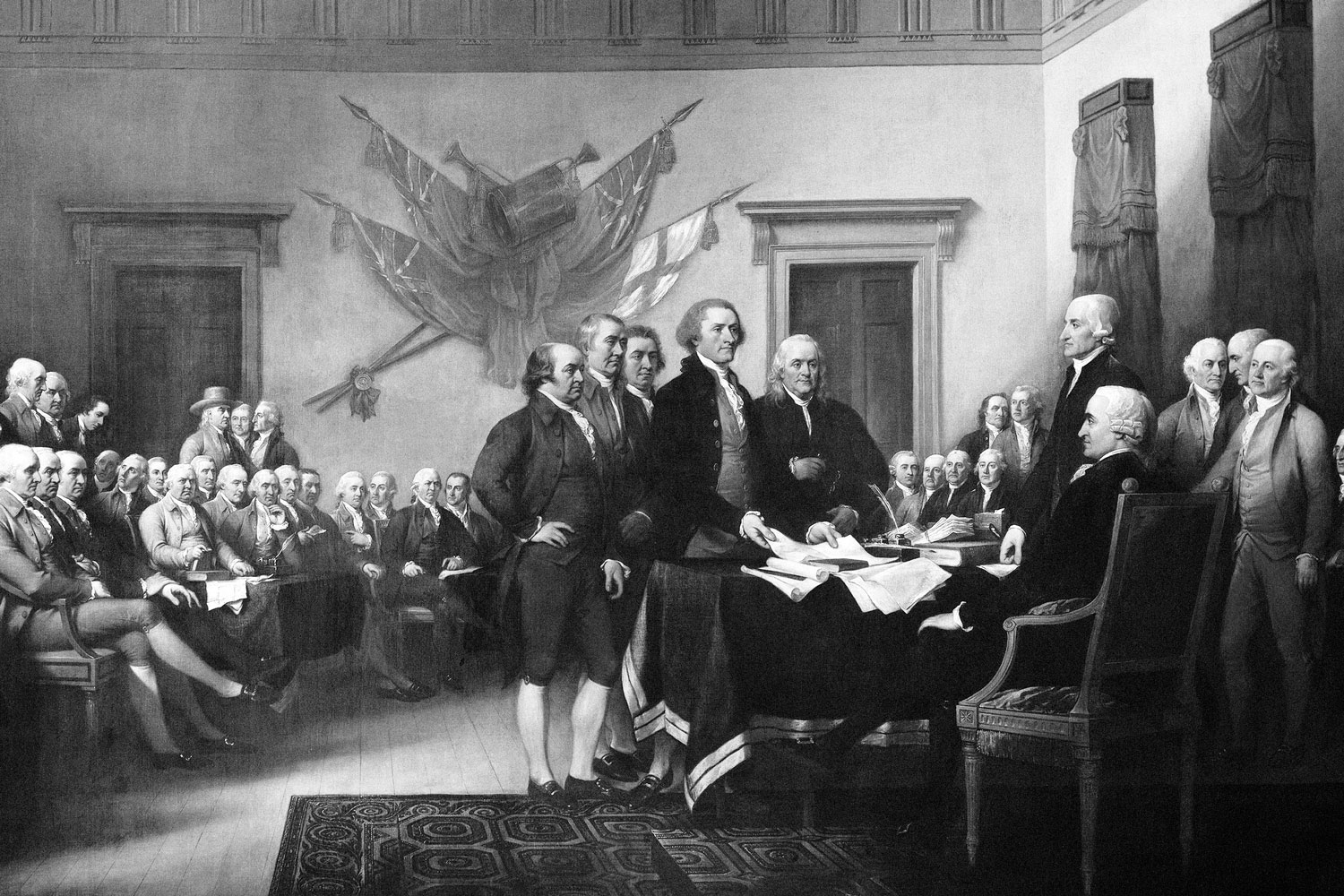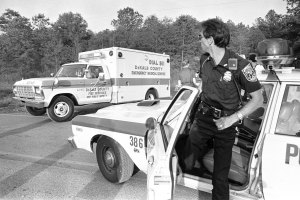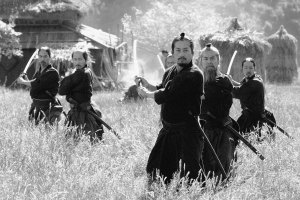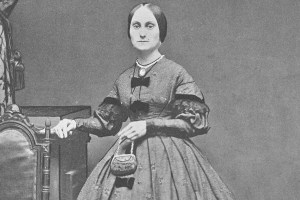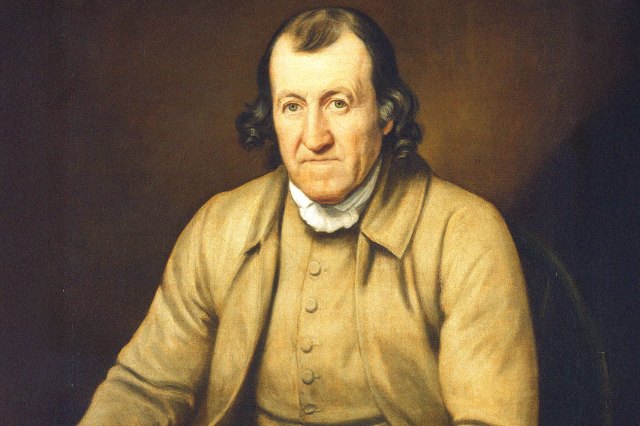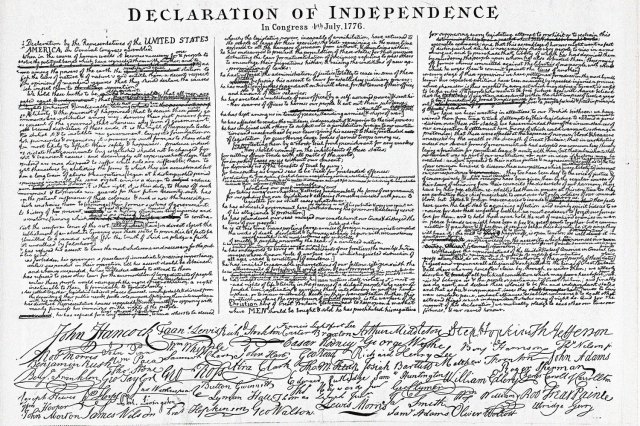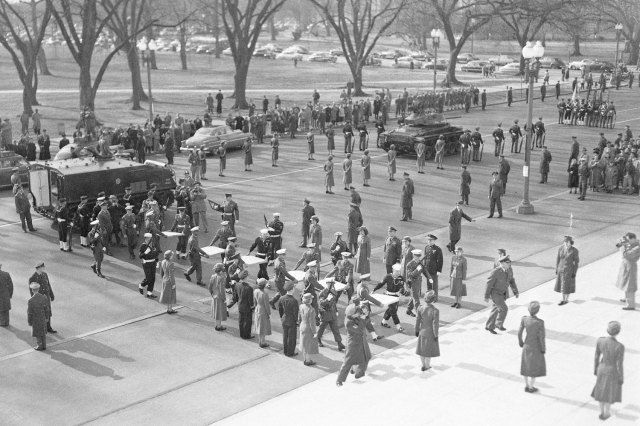Little-Known Facts About the Declaration of Independence
It’s perhaps the most famous document in American history — the collection of fighting words that formally severed ties with the British Empire and launched a precocious new nation into existence. But while some of its features are familiar to the public, including a few phrases from the preamble and the conspicuous signature of John Hancock, many details surrounding the Declaration of Independence are little known beyond historians of the subject.
Not unlike the esteemed local monuments that are ignored by longtime residents of New York City, Paris, or Rome, the Declaration of Independence is acknowledged for its importance but can be easily overlooked as a background accessory to daily existence. To help fill in the blanks, here are six facts about this illustrious founding document, which set the United States of America into motion back in that eventful summer of 1776.
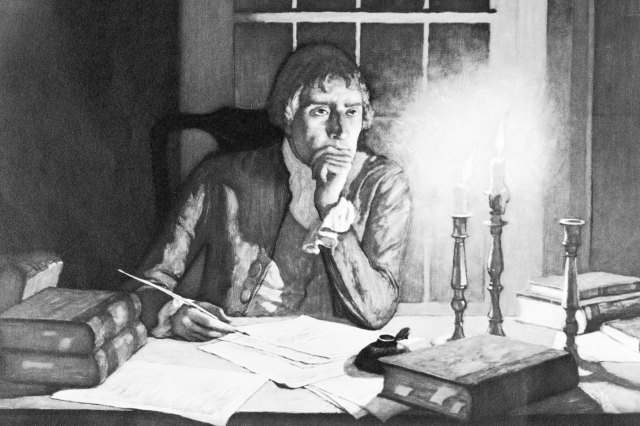
Thomas Jefferson Became Its Author Due to His Reputation as a Writer
By the time the Second Continental Congress convened in May 1776, Thomas Jefferson had not yet achieved the legendary status he enjoys today as an inner-circle founding father. Yet the quiet, 33-year-old lawyer and member of the Virginia House of Burgesses had already earned renown for penning the pamphlet A Summary View of the Rights of British America (1774), which laid bare many of the grievances against government abuses of power that resurfaced in the Declaration of Independence.
Jefferson also eloquently defended the colonists’ cause early in the American Revolution as a co-author of The Causes and Necessity of Taking Up Arms (1775). As a result, he was a logical choice to join the Committee of Five tasked with crafting a Declaration of Independence in June 1776. According to the later recollections of fellow committee member John Adams, Jefferson suggested that Adams undertake the first draft, but the latter pushed the responsibility back to his younger colleague on the grounds that “I had a great Opinion of the Elegance of his pen and none at all of my own.”





